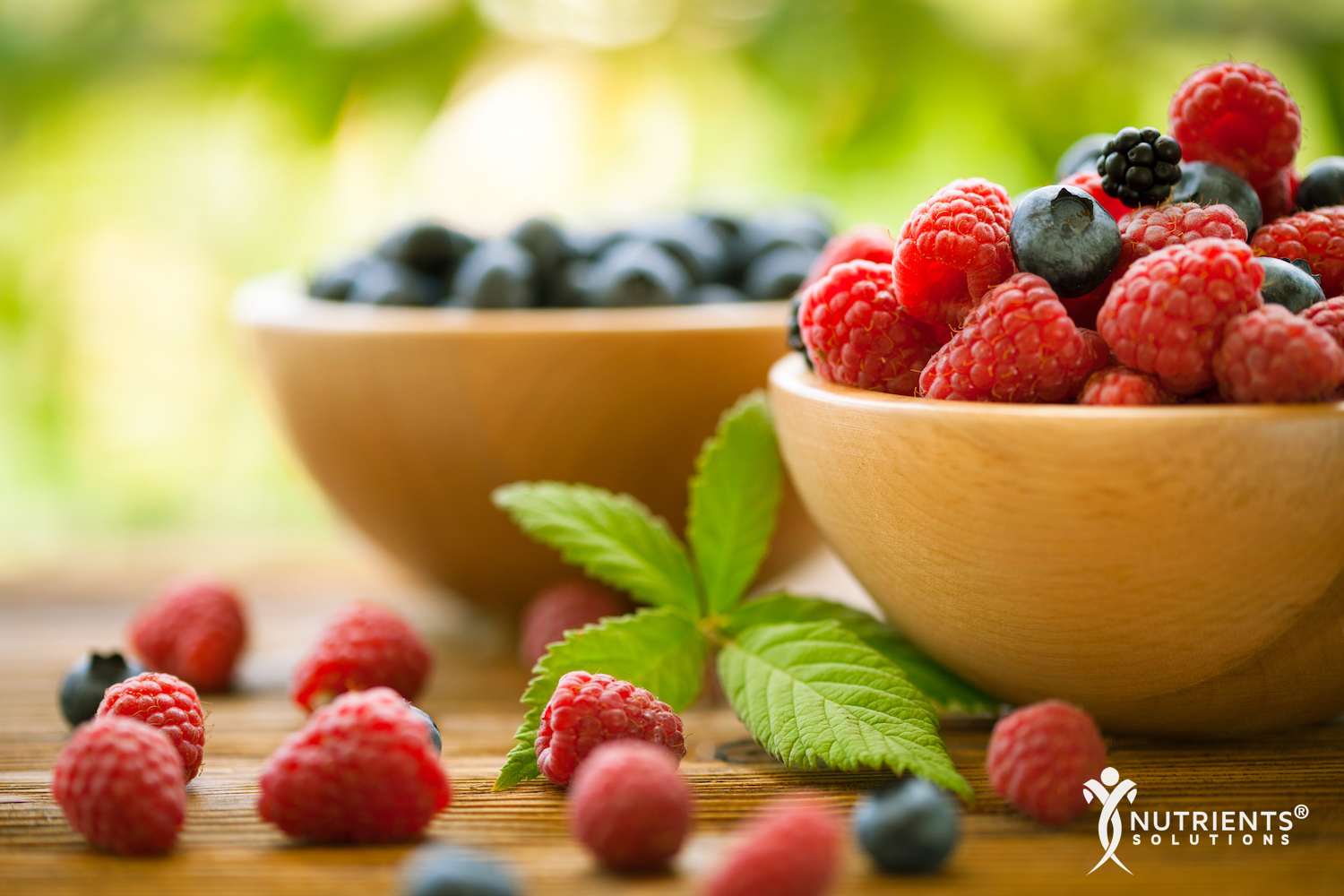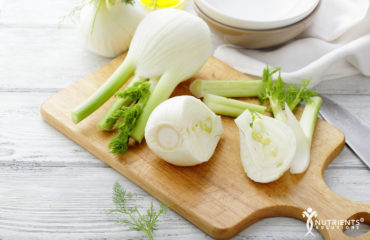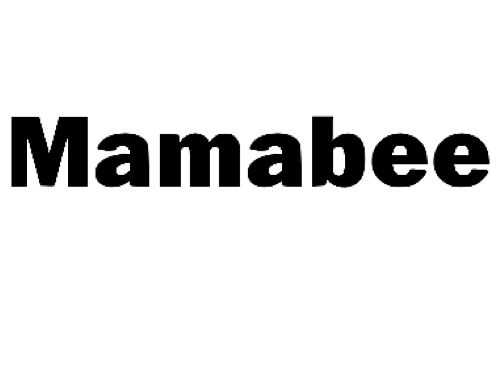Wellness Demystified: We Can Help You Discover Optimum Health
Red Raspberry Leaf: 9 Age-Old Uses and Benefits that are Proven Today

Red raspberry leaf is a medicinal herb from the same plant as the sweet, nutritious red raspberries you eat. Women have used for centuries to balance hormones, promote uterine health during pregnancy and increase fertility. In addition to its benefits for women’s health, it also helps boost your metabolism, lowers inflammation, stimulates the immune system and improves digestion. On top of its medicinal qualities, red raspberry leaf is a rich source of vitamins, minerals and antioxidants.
1. Provides Enriching Nutrients
Red raspberry leaf contains several essential nutrients, including iron, potassium, magnesium, and vitamin C. Women need twice the amount of iron as men, and getting a sufficient daily intake of iron can prevent anemia, which often occurs in women with heavier menstrual cycles. Each ounce of red raspberry leaves contains 18 percent of a woman’s recommended daily intake of iron [1].
2. Delivers Antioxidant Support
Antioxidants are compounds found in plants that protect cells and DNA from damage caused by free radicals–molecules that cause oxidation in the body. Red raspberry leaves contain multiple antioxidants, including tannins, ellagic acids and anthocyanins [2].
Anthocyanins are the flavonoids that give red raspberry leaves their pigmentation. They’ve been linked to the prevention of cancer and heart disease, and have been found to have antidiabetic and anti-inflammatory abilities [3]. Ellagic acid, another antioxidant compound found in red raspberry leaf, has been shown to help neutralize toxins that lead to cancer and assist with the self-destruction of cancer cells [1].
In a test tube study, red raspberry leaf was shown to help increase antioxidant and cytoprotective activities in cancer cells. Cytoprotection is a process in which chemical compounds help protect cells against damaging agents like cancer cells. While there are medicines that work through this action, red raspberry leaf does this naturally, with no side effects [7].
3. Regulates Menstrual Cycle and Reduces Symptoms of PMS and Menstrual Cramps
Research shows that red raspberry leaf lessens the symptoms of premenstrual syndrome, such as cramping, nausea, and diarrhea. An alkaloid in red raspberry leaves called fragrine is known to tone the uterus, which helps reduce menstrual cramping, which results from uterine muscle spasms. The high iron content of red raspberry leaf helps prevent anemia, which is common in women who experience heavier menstruation [1].
4. Promotes Fertility in Women and Men
Red raspberry leaf helps improve fertility in women by relaxing the uterine muscles, which helps early embryo attach to the uterine walls. This effect may help prevent miscarriage. The herb also has a phyto-progesterone quality, which means it can boost levels of progesterone–the “pregnancy hormone.”
However, red raspberry leaf can also help stimulate fertility in men by balancing hormone levels. When men have too much or too little estrogen, their reproductive system suffers. By curbing imbalances, red raspberry leaf improves male fertility [2].
5. Improves Labor and Reduces Childbirth Complications
Red raspberry leaf is perhaps most famous for its use during pregnancy. This is how it’s been used historically for centuries, and recent evidence supports its ability to improve labor outcome and reduce complications and medical intervention during childbirth. It doesn’t induce labor, but the compound in red raspberry leaf called fragrine tones the uterus and increases blood flow to it, helping uterine muscles produce healthy contractions.
One study on 192 women found that red raspberry leaf shortened labor and reduced the use of forceps. On average, women who took red raspberry leaf during pregnancy were in labor for 10 minutes less than women who took a placebo. In another study, which looked at 108 mothers, red raspberry leaf not only shortened labor but also reduced the rate of pre- and post-term gestation. It also lowered the rate of medical interventions, including C-sections, amniotomy, forcep use, and vacuum extractions.
During pregnancy, 1 to 3 cups of red raspberry leaf are recommended per day or 1.2 grams of whole leaves [2].
6. Boosts Your Immune System
Red raspberry leaf is an excellent source of vitamin C, which provides immune system support by helping to increase white blood cell synthesis in the body. White blood cells defend your body against infections by attacking bacteria, viruses and other pathogens [5].
7. Improves Digestion
The antioxidants in red raspberry leaf help reduce inflammation in the gut, while fragrine stimulates smooth muscle contraction. These actions combined help normalize bowel movements and relieve digestive ailments such as bloating, indigestion and constipation [5].
8. Protects Your Heart
Red raspberry leaf is high in potassium, and it contains virtually no sodium. While most people get too much sodium and not enough potassium, cardiovascular health depends on maintaining balanced levels of these two electrolytes. Sipping on red raspberry leaf tea can get some extra potassium in your diet without added calories. In effect, it can help reduce blood pressure and lower the risk of atherosclerosis, heart attack and stroke [5].
9. Reduces the Risk of Postmenopausal Osteoporosis
Red raspberry leaf contains phytoestrogens, which are plant compounds that act as estrogens. They’re able to shore up estrogen deficiencies, but are excreted if estrogen levels are sufficient. In this way, phytoestrogens balance female hormones, which has been shown to help benefit women after menopause. Studies conclude that red raspberry leaf supplementation leads to improved markers of osteoporosis in postmenopausal women, including bone resorption, collagen degradation, bone loss and bone density [6].
Final Considerations
Red raspberry leaf is a herbal medicine women have brewed as a tea for centuries to improve almost every aspect of female health, including menstruation, pregnancy, postpartum and menopause. This herb also has cardioprotective qualities, as it helps lower inflammation and provides antioxidant support. Also, helps boost your immune system and serves as a rich source of nutrients. Red raspberry leaf may not be safe for use during the first trimester of pregnancy. However, it’s proven to be safe to take throughout the second and third trimesters in recommended doses [2]. In general, there are no side effects of red raspberry leaf, but if taken in high doses it could act as a diuretic and laxative [1]. You can take red raspberry leaf in capsule form or as a liquid extract. Or, you can steep the leaves to make red raspberry leaf tea, which has an earthy and mildly astringent taste.


© 2019 Nutrients Solutions, LLC. All rights reserved. Disclaimer: The information provided is for educational purposes only and does not constitute medical advice. Always seek the advice of your physician or qualified healthcare provider with any questions or concerns about your health. Check with your doctor before beginning any exercise program. Never disregard or delay seeking medical advice because of something you have heard or read in this article or the internet.












